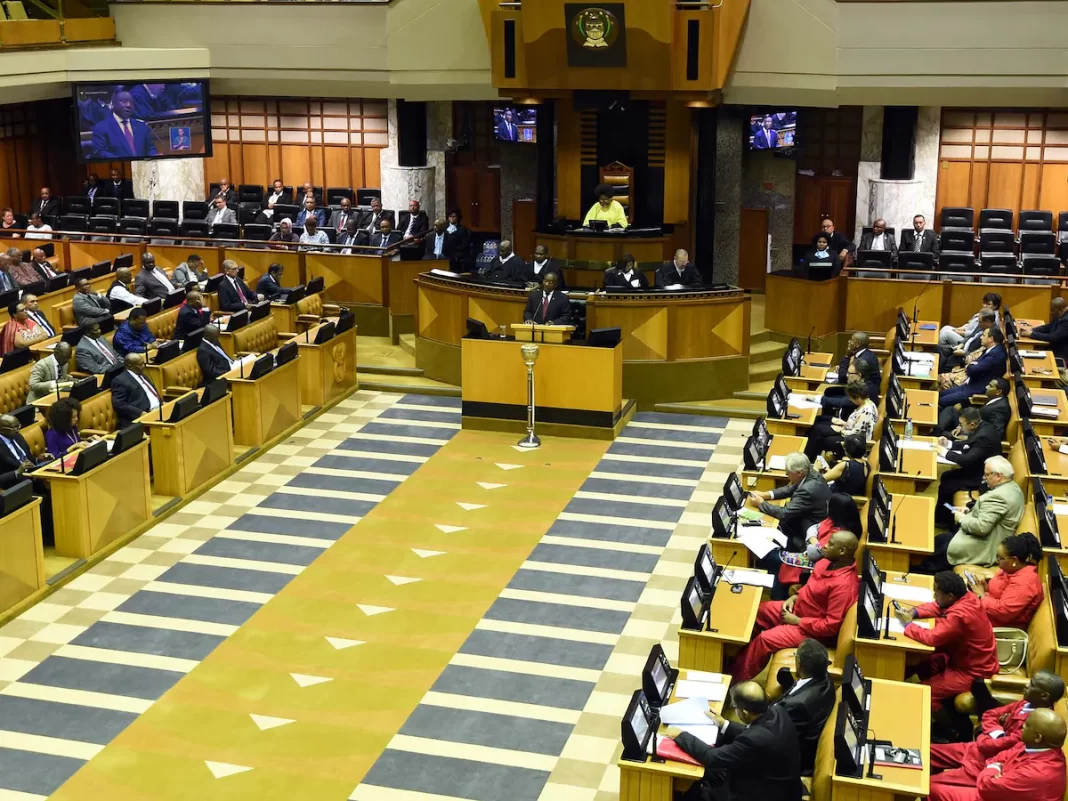Johnathan Paoli
Parliament on Thursday finally initiated the process of realising the General Intelligence Laws Amendment Bill that is expected to overhaul the State Security Agency (SSA).
Among the expected changes include the amendment of the National Strategic Intelligence Act, the Intelligence Services Act, and the Intelligence Services Oversight Act, so as to amend and insert certain definitions.
The amendments aim to establish the Foreign Intelligence Service, responsible for foreign Intelligence gathering to identify opportunities and threats to National Security.
It also aims to establish the Domestic Intelligence Agency, responsible for counterintelligence and gathering of domestic intelligence to identify threats.
The bill provides for the legislative functions of the Signals Intelligence capacity, which shall gather intelligence through foreign signals, communications, and non-communications platforms.
The South African National Academy of Intelligence (SANAI) will be re-established as an Intelligence Training Institute for both domestic and foreign intelligence capacities.
The Head of SANAI will be appointed by the Minister, in consultation with the President, at a level of DDG and is expected to report to the Director-General (DG) of the Domestic Intelligence Service.
The proposed architecture is based on the recommendations of the Presidential High Level Review Panel on State Security Agency, White Paper on Intelligence, and the International benchmark studies conducted on the architectures of some of the key intelligence services in the United Kingdom, United States of America, Germany, Israel, Algeria, Zimbabwe, and Egypt.
The bill will provide legislative functions for the signals intelligence (SIGINT) capacity as per the order of the High Court and the Constitutional Court, dealing with two aspects of interception namely bulk and targeted interception.
With only three months to process the bill before the sixth Parliament rises ahead of the elections, the pressure is already being felt by the ad hoc committee appointed to process the bill, that it could be found wanting in respect of proper public consultation.
A proposal to hold the public participation in only three provinces has been rejected by the majority of MPs, as well as concerns having been raised about the security status of the committee considering it could potentially involve discussions surrounding classified information.
“Maybe we must include the weekends if we need to do more provinces, so there’s no comebacks and people take us to court. Let’s not leave it for the seventh Parliament to start all over again,” DA MP Dirk Stubbe said.
Interestingly though is that not all the members of the committee have officially been vetted or cleared to receive classified government information.
INSIDE POLITICS

